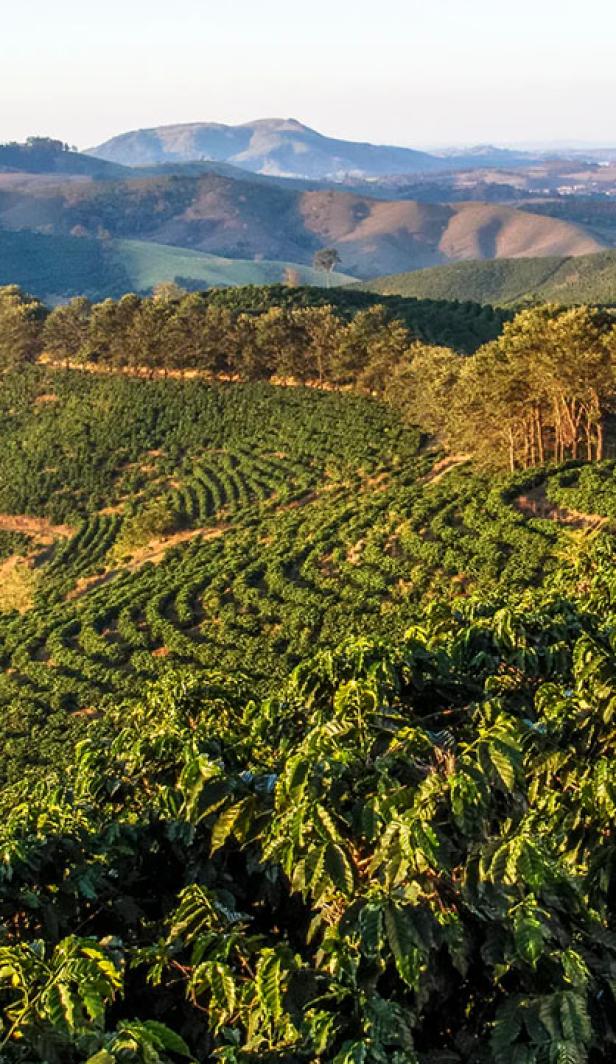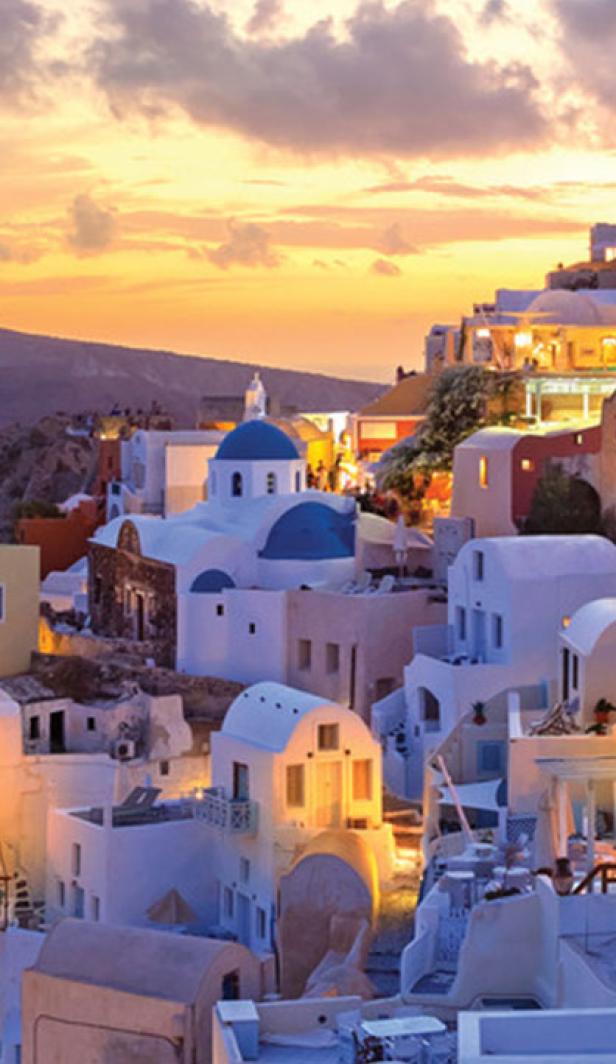History of Jamaican coffee
Jamaica’s coffee production began in 1728 when the governor of Jamaica, Sir Nicholas Lawes, imported 8 seedlings from Martinique which he then planted on his property at Temple Hall in St Andrew. It’s said that this was the first-time coffee was ever cultivated in Jamaica.
Over the next 10 years, the coffee industry continued to expand with the importation of seedlings becoming more commonplace and farmers began to set up their own plantations. The end of the 18th century saw the Haitian revolution occur and with it, the country saw an influx of refugees who brought valuable coffee processing knowledge to Jamaica.

Trouble for the Jamaican coffee industry
The past of Jamaican coffee production wasn’t all sunshine and roses though as the industry soon began to fail. This was due to a number of issues within the Jamaican coffee industry, with the most notable problems being unmaintainable agricultural practices and poor soil conditions. On top of this, not many farmers actually took up growing the crop and the ones who did weren’t earning enough to survive.
Jamaica receives a wakeup call
The Jamaican coffee industry continued to plummet right up until the 1940s, where they were given a much-needed wake up call to as to how the world perceived the coffee that came from the country. It was the Canadian government and their refusal to import or purchase Jamaican coffee as the quality was so dire that led the country to the realisation that a change needed to be made.
Strict regulations are introduced
There were two key changes that came about as a result of Canada’s decision to stay away from Jamaican coffee. One of which being the introduction of the Coffee Industry Regulatory Act of 1948, the other being the establishment of The Coffee Industry Board of Jamaica (CIBOJ). These measures aimed to provide farmers with guidelines and information on how to produce, superior, speciality coffee, and the changes they brought about were remarkable.
Over the next few decades, the gourmet coffee that arose out of the country took the world by storm and soon earned Jamaican coffee the reputation of being some of the best around the globe.
Jamaican coffee growing
Today, Jamaica has one of the most ideal growing conditions for coffee in the whole world. This is thanks to the fertile, volcanic soil that’s rich in nitrogen and phosphorous that has everything coffee plants need to thrive. Additionally, the climate features regular rainfall and cloud cover from the burning sun.
When it comes to Jamaican coffee beans, they all have to be carefully handpicked as they’re grown at such high altitudes, but this also allows for quality control at the place of harvesting . Once they’re picked, the beans are removed from the cherry, dried, cured and sorted, a process that takes around 8 weeks as the beans need to be dried for 6 weeks.
Thanks to the establishment of The Coffee Industry Board, all coffee grown in Jamaica is highly regulated for quality, so it’s very unlikely you’ll ever sample a bad batch.

Jamaican coffee flavour
Jamaican coffee is highly prized for its flavour and it’s said to be sweet with a full body and mild acidity.
Jamaican Blue Mountain coffee
Jamaican Blue Mountain coffee is widely considered some of the best in the world. Grown high up in the Blue Mountain (hence the name), in order to be considered this type it must be grown at heights between 3,000 and 5,500ft and be produced in the parishes of Portland, St. Andrew, St. Tomas or St. Mary. Coffee grown between 1,500 - 3,000ft is called Jamaican High Mountain, whereas coffee grown below 1,500ft is known as Jamaica Lowlands or Jamaica Supreme. The highest point of the Blue Mountain is 7,500ft, but no coffee is grown beyond 5,500ft.
Jamaican Blue Mountain plant cultivation is extremely strict and The Coffee Industry Regulation Act is responsible for deciding what coffee fits the requirements and uses the Blue Mountain Label. The Jamaica Agricultural Commodities Authority also restricts the use of the Blue Mountain trademark.
Interestingly, Jamaican Blue Mountain coffee is the only coffee in the world that’s packed and shipped in wooden barrels. This is due to the long-lost tradition from the 18th century when coffee would be shipped to Europe in wooden barrels.

Jamaican Blue Mountain coffee flavour
The flavour of Jamaican Blue Mountain coffee is smooth and without bitterness. It’s sweet tasting with a fruity and floral aroma and possesses notes of nuts, cocoa, spices and a slight creaminess.
That’s our guide to Jamaican coffee! Want to continue your trip around the coffee hotspots of the world? Learn about Vietnamese coffee and its culture, next.
Today’s community favourites




